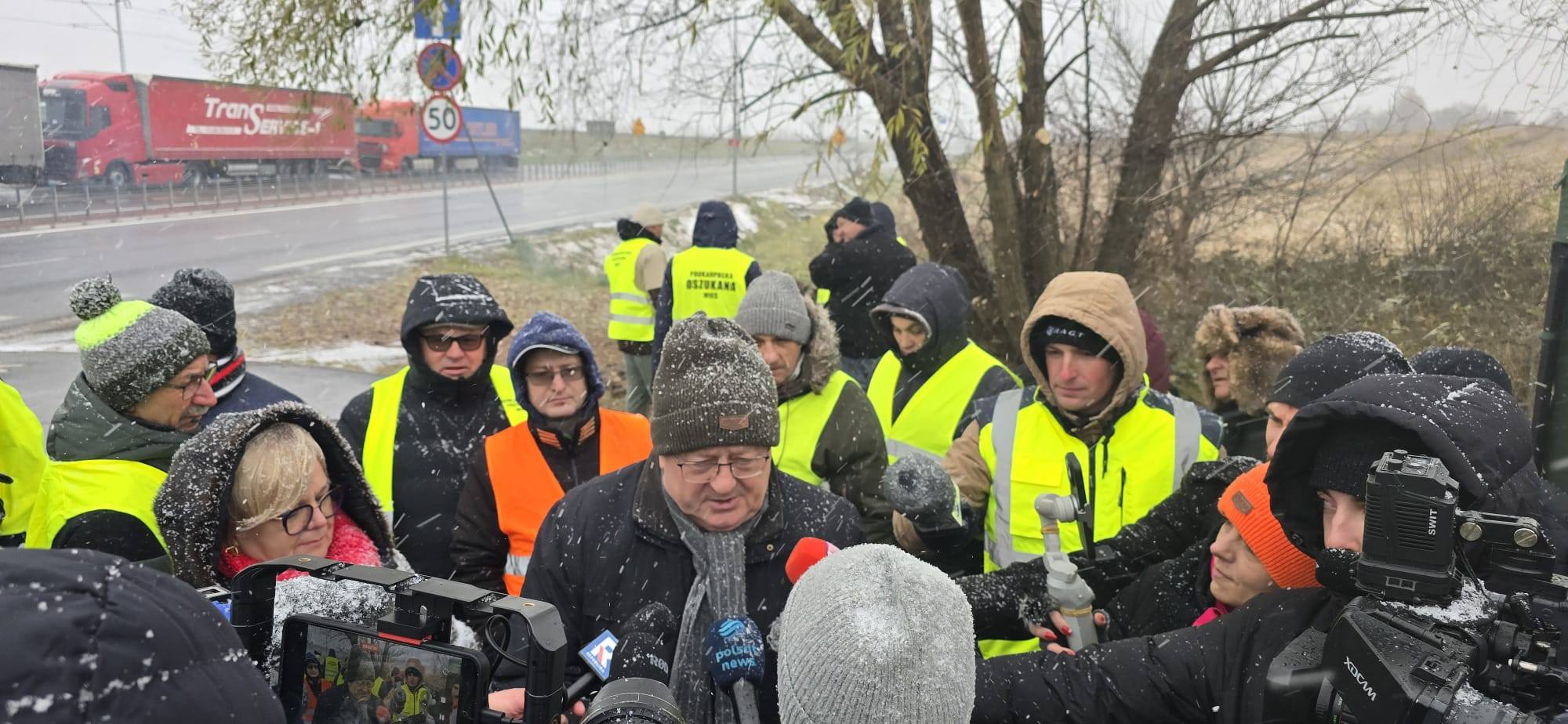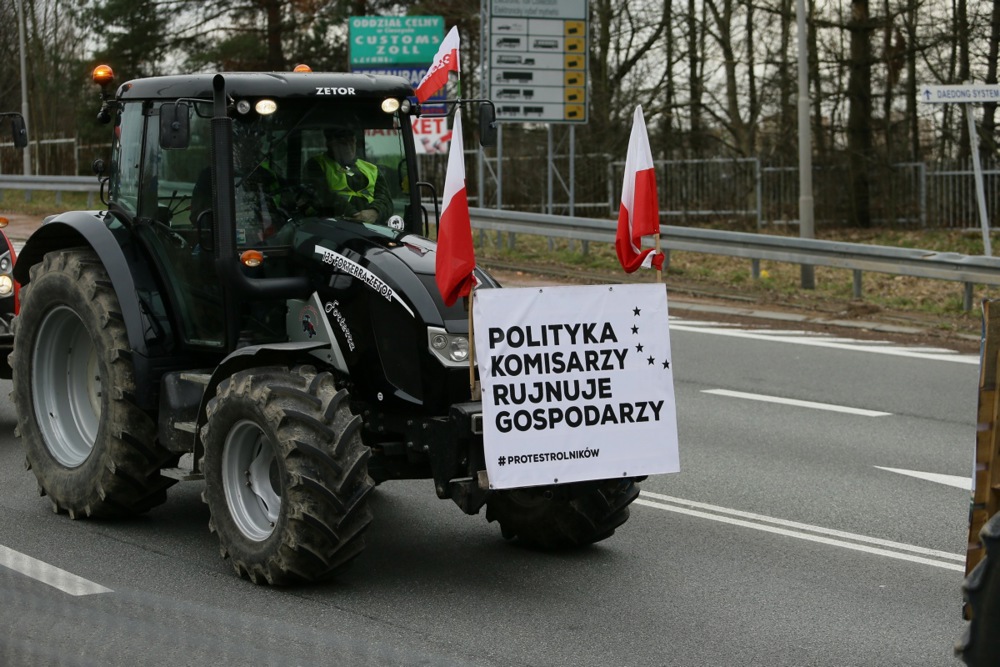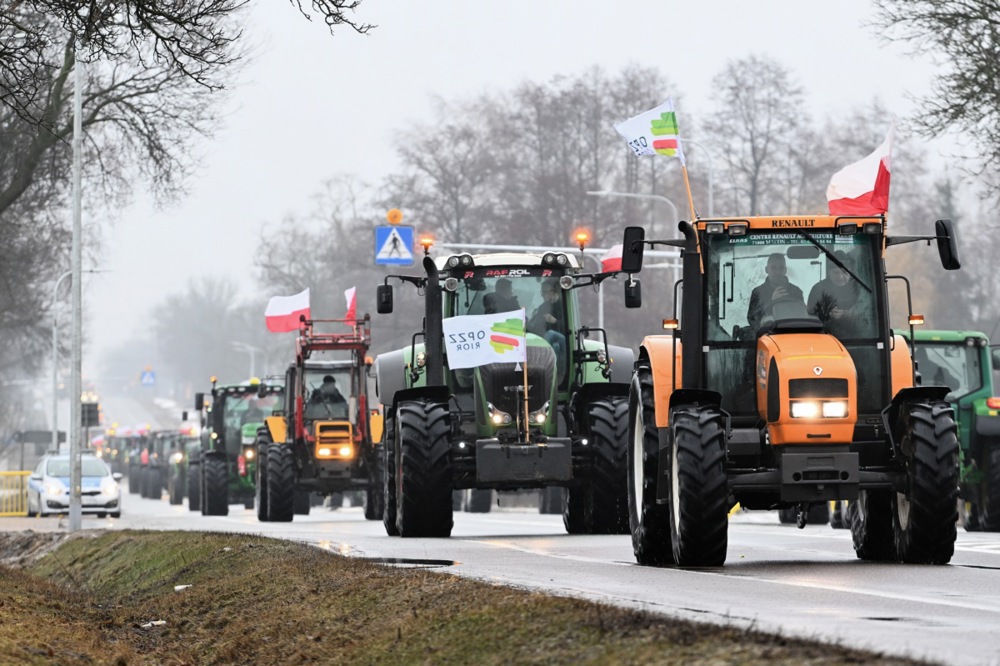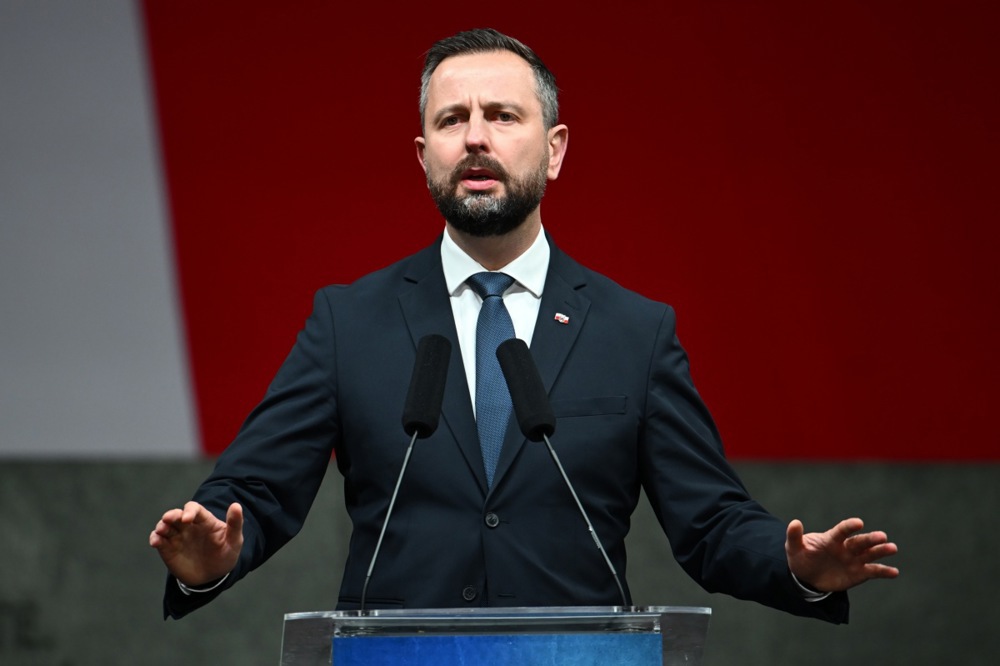The Polish Government has adopted a resolution committing it to opposing the free trade agreement between the European Union and Mercosur, the region consisting of Argentina, Bolivia, Brazil, Paraguay and Uruguay.
The government has challenged the outcome of the negotiations between the EU and Mercosur over agricultural imports from the region, which has led to farmers’ protests in Poland and Western Europe against the agreement.
The EU-Mercosur deal, which in its present form envisages the creation of a free trade zone for 700 million people, was agreed in 2019 after negotiations that lasted 20 years, but it has not been ratified, largely because of EU farming lobby concerns.
According to a recent Reuters report, producers have claimed the EU-Mercosur deal would allow the entry of an additional 99,000 tonnes of beef, 190,000 tonnes of sugar, 180,000 tonnes of poultry meat and 1 million tonnes of maize.
Speaking before a cabinet meeting on November 26, Polish Prime Minister Donald Tusk told reporters that the country would stand with its farmers against the agreement.
“The Council of Ministers expresses its opposition to the current results of negotiations with Mercosur in the area of agriculture, in particular to the increase in tariff quotas for poultry meat at the last stage of the exchange of tariff offers,” Tusk said.
He added that he was confident Poland would find allies, such as France, which has been vocal in opposing the agreement. “We are not alone; many member states have a similar opinion,” Tusk said.
On November 23, Polish farmers blocked the country’s Medyka border crossing with Ukraine in protest of the deal and a day later the farmers were visited by the agriculture minister Czesław Siekierski, who expressed solidarity with their views.
The Polish blockade came in the wake of large farmers’ demonstrations that have taken place in France and Belgium.
Poland was also anxious about imports of agricultural produce from Ukraine. Last year and earlier this year, farmers blocked roads and border crossings in protest over agreements that allow Ukrainians free access to EU markets.





